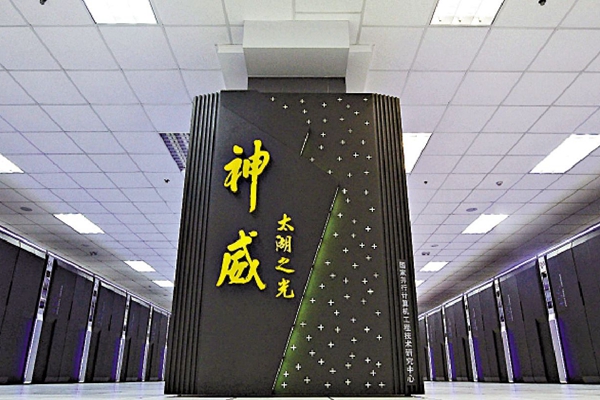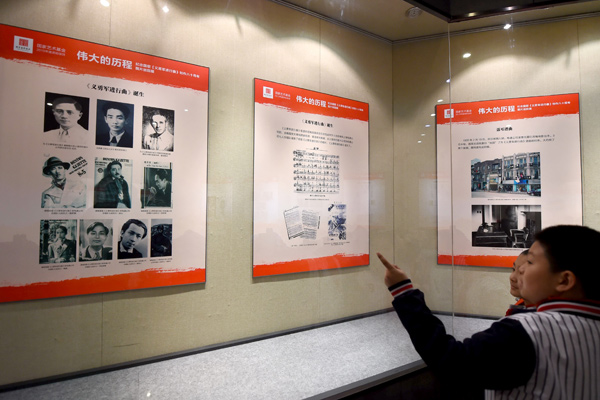China’s draft law on supervision submitted for review
The draft law on national supervision was submitted for review at the ongoing bi-monthly session of the top legislature, according to a statement issued after a plenary meeting of the session Friday.
Zhang Dejiang, chairman of the National People’s Congress (NPC) Standing Committee, attended Friday’s meeting.
“The legislation is aimed at deepening the national supervision system and forming a unified, authoritative and efficient supervision system,” said Li Jianguo, vice chairman of the NPC Standing Committee, while making an explanation of the draft at the meeting.
China has begun to pilot the supervisory system reform in Beijing Municipality and the provinces of Shanxi and Zhejiang.
The pilot sees the establishment of local supervisory commissions at three levels — provincial, municipal and county — in order to form an integrated supervision system.
The draft was formulated based on pilot experience and in-depth research by the NPC Standing Committee and the Central Commission for Discipline Inspection of the Communist Party of China, Li said.
A chairpersons’ meeting decided to submit the draft to lawmakers for review at the ongoing session, Li said.

